Keynote Speaker
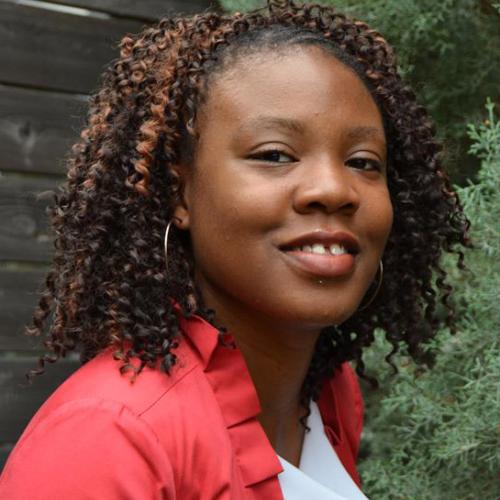
Tara Dudley
Assistant Professor, University of Texas at Austin
Assistant Professor Tara A. Dudley teaches interior design history and architectural history courses. Her scholarship examines the contributions of African American builders and architects to the American built environment, focusing on the antebellum and Reconstruction eras in the US South. Her approach to the study of cultural resources is interdisciplinary with a focus on nineteenth-century American design, African American architectural history, historic preservation, and material culture. She is the author of Building Antebellum New Orleans: Free People of Color and Their Influence (University of Texas Press, 2021), winner of the Association of American Publishers 2022 Prose Award in Architecture & Urban Planning. Her in-progress works include a biography on the life and work of African-American architect John Saunders Chase. As a member of the University’s Commemorative and Contextualization Projects research team, Dr. Dudley is also engaged in research on the contributions of Black builders and craftsmen to the built environment of The University of Texas campus. She is partnering with the Neill-Cochran House Museum to develop interpretive programming around the only intact slave quarters building in Austin which is located on the museum grounds.
Speakers
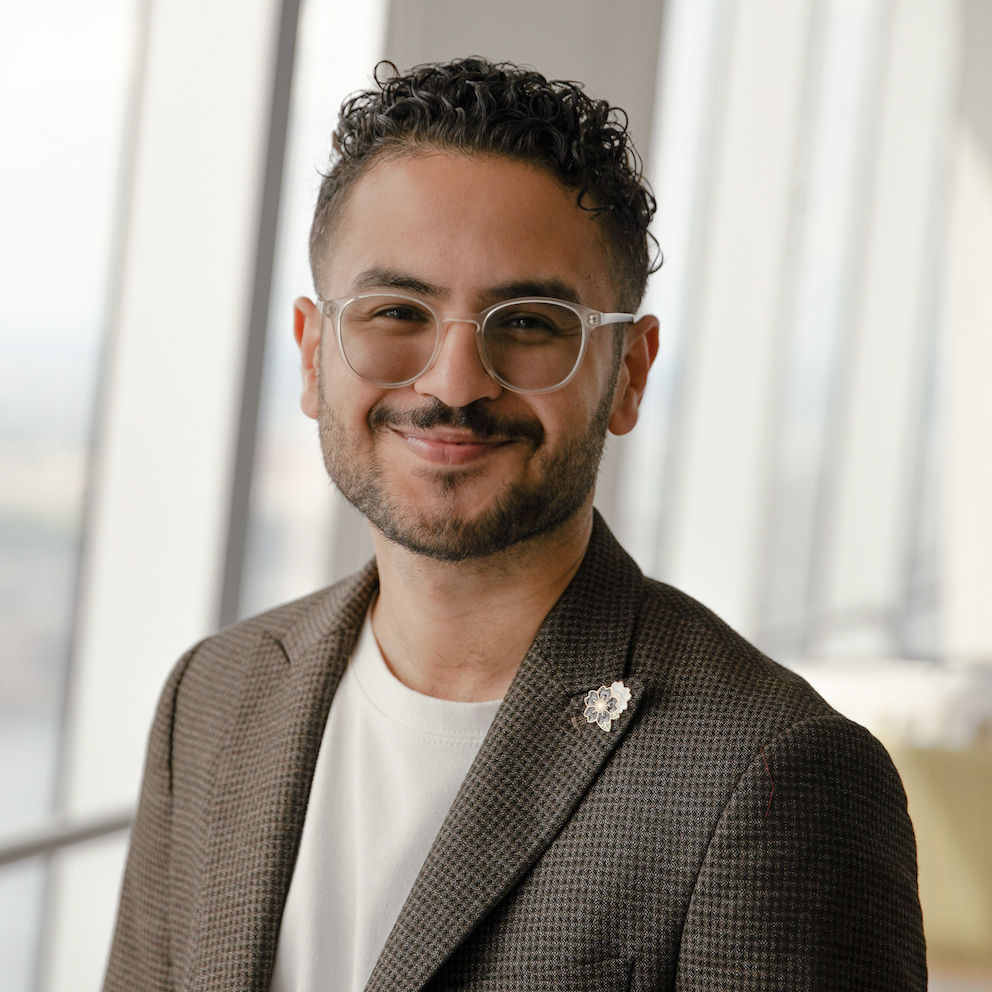
Ahmed M. Badr
Adjunct Assistant Professor of Public Policy, Wesleyan University
Director for the Patricelli Center for Social Entrepreneurship
Ahmed M. Badr is an Iraqi-American author, poet, and social entrepreneur working at the intersection of creativity, climate action, displacement, and youth engagement. He is author of While the Earth Sleeps We Travel: Stories, Poetry, and Art from Young Refugees Around the World (Andrews McMeel). Ahmed is the Director of the Patricelli Center for Social Entrepreneurship and Adjunct Assistant Professor of Public Policy at Wesleyan University. As a teen, Ahmed founded Narratio, a 501c3 that activates, supports, and highlights the creative expression of displaced young people through fellowships, workshops, publishing, and partnerships. In the summer of 2019, Narratio launched an annual storytelling and leadership Fellowship for resettled refugee youth in partnership with the Metropolitan Museum of Art. Over the past five years, work by 80 Narratio Fellows has reached 2.5 million individuals worldwide. Ahmed’s work has been exhibited at Juilliard, Harvard Divinity School, Yale Law School, UNICEF House, Christie’s, World Bank Headquarters, and the Metropolitan Museum of Art, among others. Ahmed received a BA in Anthropology from Wesleyan University and a Master’s in Education from Harvard University.
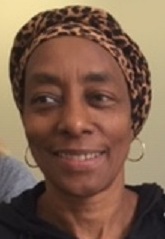
Mardi Loman
Cross Street AME Zion Church Historian
Mardi Loman is an educator, Middletown Cross Street AME Zion Church historian, and a member of the Connecticut Freedom Trail Committee. A lifelong Middletown resident, she is a third-generation member of the Cross Street AME Zion Church.
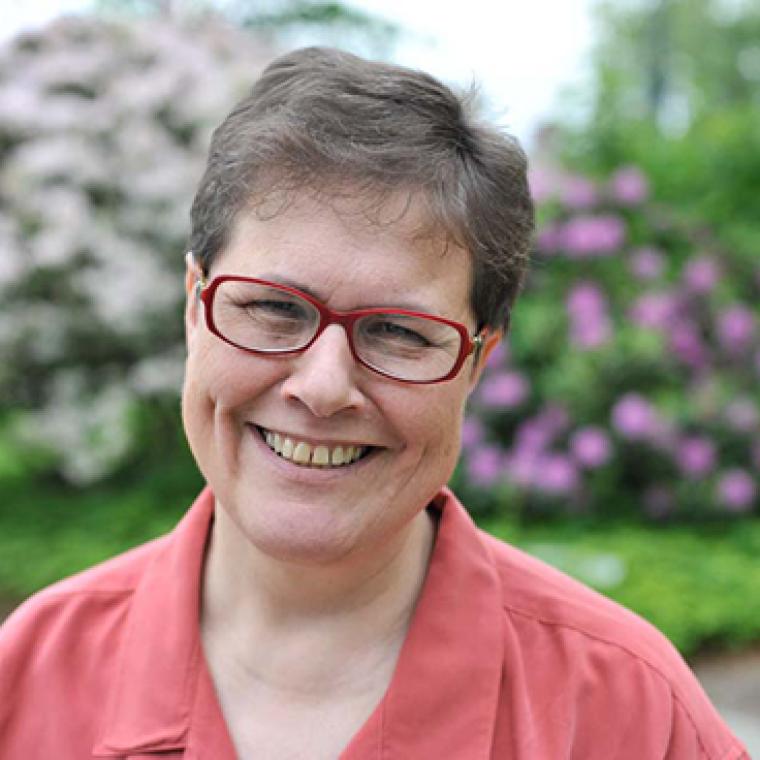
Elizabeth Milroy
Professor Emerita of Art History, Wesleyan University
Lecturer in Historic Preservation, University of Pennsylvania
Elizabeth Milroy has published and lectured widely on the history of cultural spaces in the United States and Canada. She is author of The Grid and the River: Philadelphia’s Green Spaces, 1682-1876 (Penn State University Press, 2016), which was awarded the 2017 John Brinckerhoff Jackson Book Prize by the Foundation for Landscape Studies for significant contribution to the study and understanding of garden history and landscape studies. She also coedited the anthology Reading American Art, a standard textbook in the field. Having served as Professor of Art History and American Studies at Wesleyan University for twenty-five years, she is currently a Lecturer in the Graduate Program in Historic Preservation at the University of Pennsylvania’s Weitzman School of Design. From 2015-2021, she was Professor and Chair of the Department of Art & Art History at the Antoinette Westphal College of Media Arts & Design at Drexel University and is also Professor Emerita at Drexel. She is Secretary of the Board of Councilors of the Historical Society of Pennsylvania and is a member of the Committee on Historic Designation with the city of Philadelphia’s Historical Commission.

Alain Munkittrick ’73
Partner, Munkittrick Associates, LLC
Alain Munkittrick is a graduate of Wesleyan and the Boston Architectural College. He has practiced architecture for over 40 years. Adaptive reuse and historic preservation are particularly important aspects of his practice. He is currently restoration architect for three historic houses, part of the Brainerd Place development in Portland, Connecticut. His practice is informed by research in architectural history, building technology and local history. Alain was the only student member of the Wesleyan University Landmarks Advisory Board, and led the effort to designate the Samuel Russell House and the Richard Alsop IV House National Historic Landmarks. He has served as president of the Greater Middletown Preservation Trust, and is currently Vice-President of the Board of the Middlesex County Historical Society in Middletown, where he leads historic preservation efforts, including the current project to place the Leverett Beman Historic District on the National Register. With Deborah Shapiro, he co-authored Middletown’s High Street and Wesleyan University, His latest book, Historic Houses of the Connecticut River Valley, includes over 300 period photographs, many never before published, presenting 160 historic houses, curated and arranged thematically to tell the story of the river valley’s development.
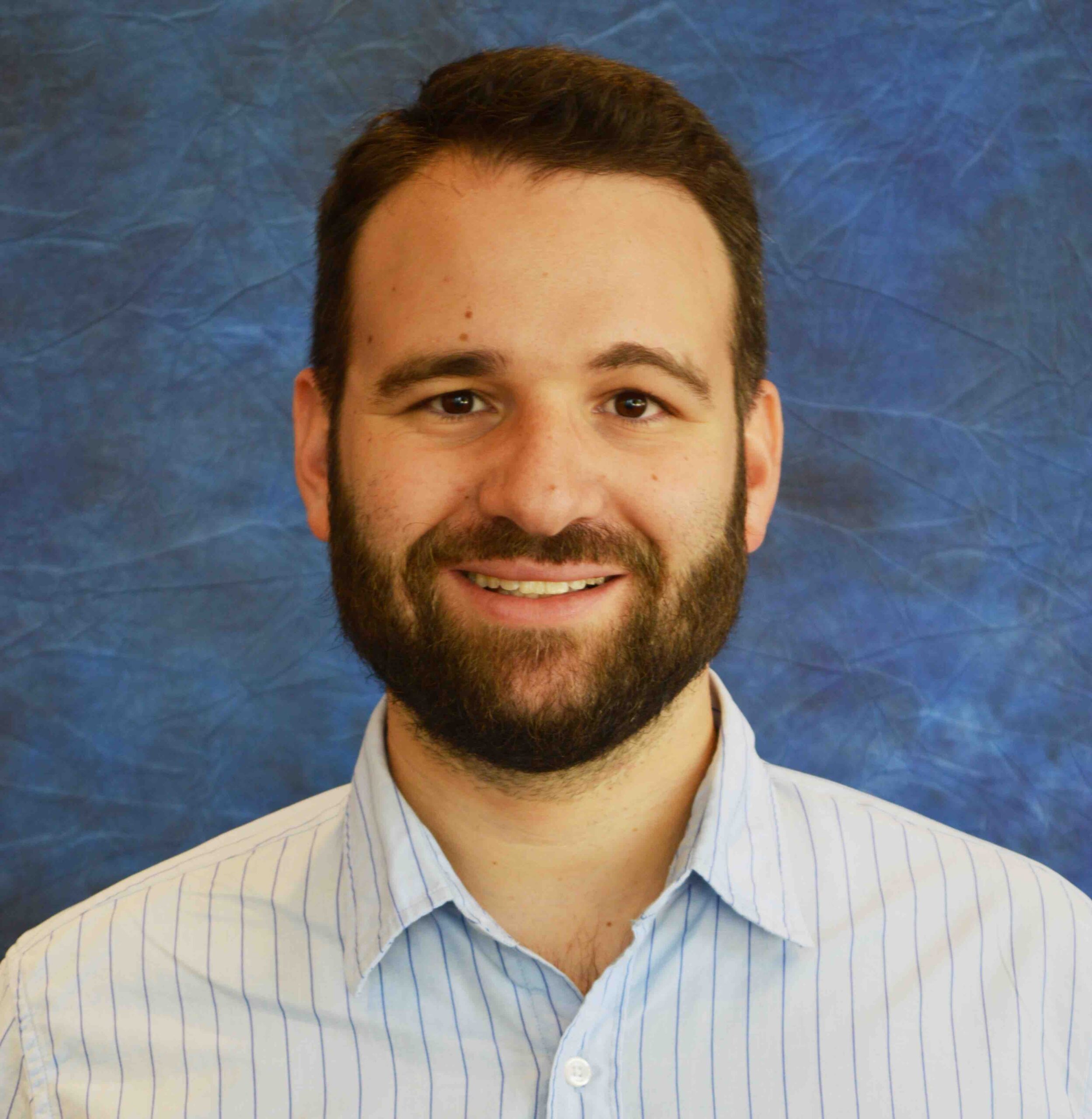
Jesse Nasta
Assistant Professor of the Practice in African American Studies, Wesleyan University
Jesse Nasta (Wesleyan University, B.A., 2007; Northwestern University, Ph.D., 2017) specializes in the history of slavery, emancipation, and their aftermaths, with a particular emphasis on New England. A cultural, public, and community historian, he has taught in Wesleyan University’s African American Studies Department since 2017 and has been Executive Director of the Middlesex County Historical Society in Middletown, Connecticut, since 2020. Dr. Nasta is also an investigator for the Mellon Foundation-funded Carceral Connecticut Project (carceralconnecticut.com) and has served as director of Wesleyan University’s High School Humanities Program since 2021. His current project focuses on the Beman Triangle, Middletown, Connecticut’s 19th-century African American neighborhood, and its connections to regional, national, and global Black community and antislavery networks. This project began as his Wesleyan University honors thesis in 2006. Working closely with descendant communities and the larger public, Dr. Nasta’s teaching combines and informs scholarship with service learning, community-building, and the presence of the past in our everyday local, community, and family lives. Dr. Nasta’s work has appeared in American Nineteenth Century History and The Confluence, and his teaching areas include courses in the history of northern slavery and emancipation, early African American history, mass incarceration and carcerality, and LGBTQ history.
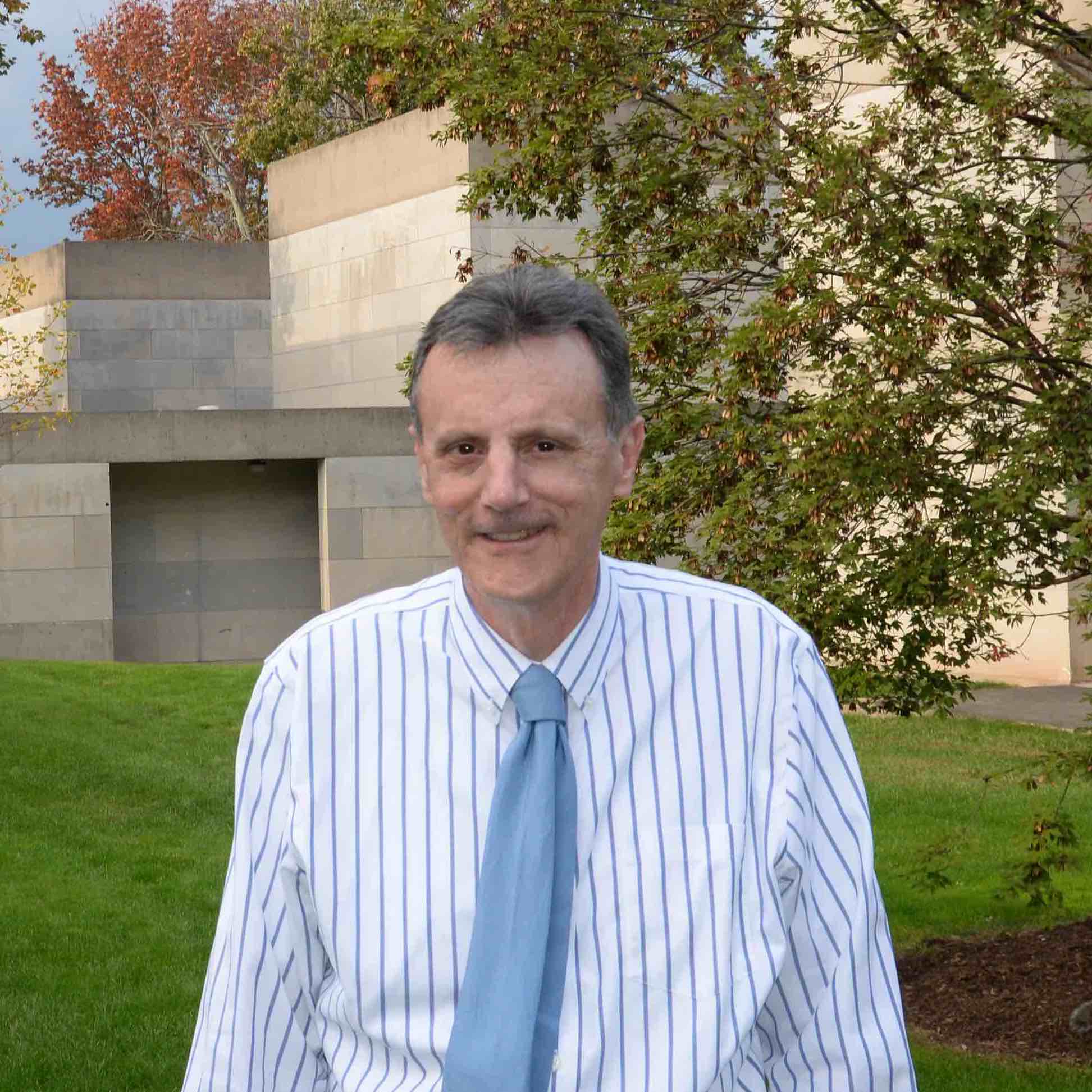
Joseph Siry
Professor of Art History, Wesleyan University
Joseph M. Siry is Professor of Art History, focusing on modern architectural history, and William R. Kenan, Jr., Professor of the Humanities. His books are Carson Pirie Scott: Louis Sullivan and the Chicago Department Store(Chicago, 1988); Unity Temple: Frank Lloyd Wright and Architecture for Liberal Religion (Cambridge, 1996); The Chicago Auditorium Building: Adler and Sullivan’s Architecture and the City (Chicago, 2002), which won the 2003 Society of Architectural Historians’ Alice Davis Hitchcock Award for best book by a North American scholar; Beth Sholom Synagogue: Frank Lloyd Wright and Modern Religious Architecture (Chicago, 2012), a finalist for a 2013 National Jewish Book Award, Visual Arts category; and Air-Conditioning in Modern American Architecture, 1890–1970 (Pennsylvania State University Press, 2021). He was given Wesleyan’s Binswanger Award for Teaching Excellence in 1994 and 2019, and the 2015 Wright Spirit Award, Professional Category, from the Frank Lloyd Wright Building Conservancy in recognition of his scholarship on Frank Lloyd Wright’s architecture. In 2018 he was an inaugural winner of the Wesleyan Prize for Faculty Excellence in Research.
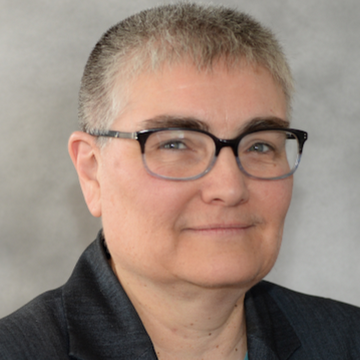
Suzy Taraba
Dietrich Family Director of Special Collections and Archives (retired), Wesleyan University
Suzy Taraba retired in January 2023 after 25 years leading Wesleyan’s Special Collections & Archives in Olin Library, including 17 years as University Archivist. She holds a BA from Wesleyan’s College of Letters, an MLS in Library Service from Columbia University, and an MALS from Wesleyan’s Graduate Liberal Studies Program. A generalist by design, she has presented and published on a wide variety of topics in book history, librarianship, and Wesleyan history. For many years, she wrote a regular column in Wesleyan’s alumni magazine, exploring little known aspects of institutional history. For several years, she served on Wesleyan’s Landmarks Advisory Board and on Middletown’s Long Hill Estate Authority and the board of the Friends of Long Hill. Since childhood, Suzy has been interested in artifacts of the 19th and early 20th centuries, from architecture to decorative arts to photography. She and her partner live in Middletown in an 1879 farmhouse with gothic revival elements.
Organizer

Katherine Kuenzli
Professor of Art History and Chair, Department of Art and Art History, Wesleyan University
Professor of Art History at Wesleyan University, Katherine Kuenzli’s research and teaching focuses on European and American modernisms in the nineteenth and twentieth centuries. Her publications include two monographs, The Nabis and Intimate Modernism (Routledge, 2010) and Henry van de Velde: Designing Modernism (Yale University Press, 2019), which was awarded a Furthermore Grant in Publishing. A third book, Henry van de Velde: Selected Essays, 1889-1914 (Getty Research Institute, 2022), undertaken with translator Elizabeth Tucker, was awarded a NEH Scholarly Editions and Translations grant. She is co-author of A Towering Memorial: Race and Power in the Belgian Friendship Building (University of Virginia Press, forthcoming), a study of the first modernist building to be erected on a U.S. college campus. Originally designed by a colonial power as the Belgian Pavilion at the 1939 New York World’s Fair, the building was subsequently reconstructed on the campus of Virginia Union University, where it became a centerpiece of African American higher education and a beacon of the civil rights movement. Her work has been supported by American Council of Learned Societies, Canadian Center for Architecture, Chateaubriand, DAAD, Dedalus, Fulbright, Getty Library, and Klassik Stiftung Weimar fellowships.

